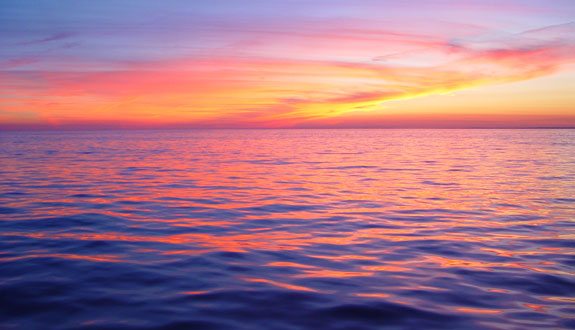
National Marine Sanctuary Foundation Announces Two New Members to its Board of Trustees
The National Marine Sanctuary Foundation announces the appointment of Lynn Scarlett and Julian Myers as the newest members of its... View Article
Sign up for our newsletter
Subscribe to our Newsletter
"*" indicates required fields

The National Marine Sanctuary Foundation announces the appointment of Lynn Scarlett and Julian Myers as the newest members of its... View Article
Earlier today, President Trump announced his intentions to significantly reduce protections for two national monuments. The National Marine Sanctuary Foundation... View Article
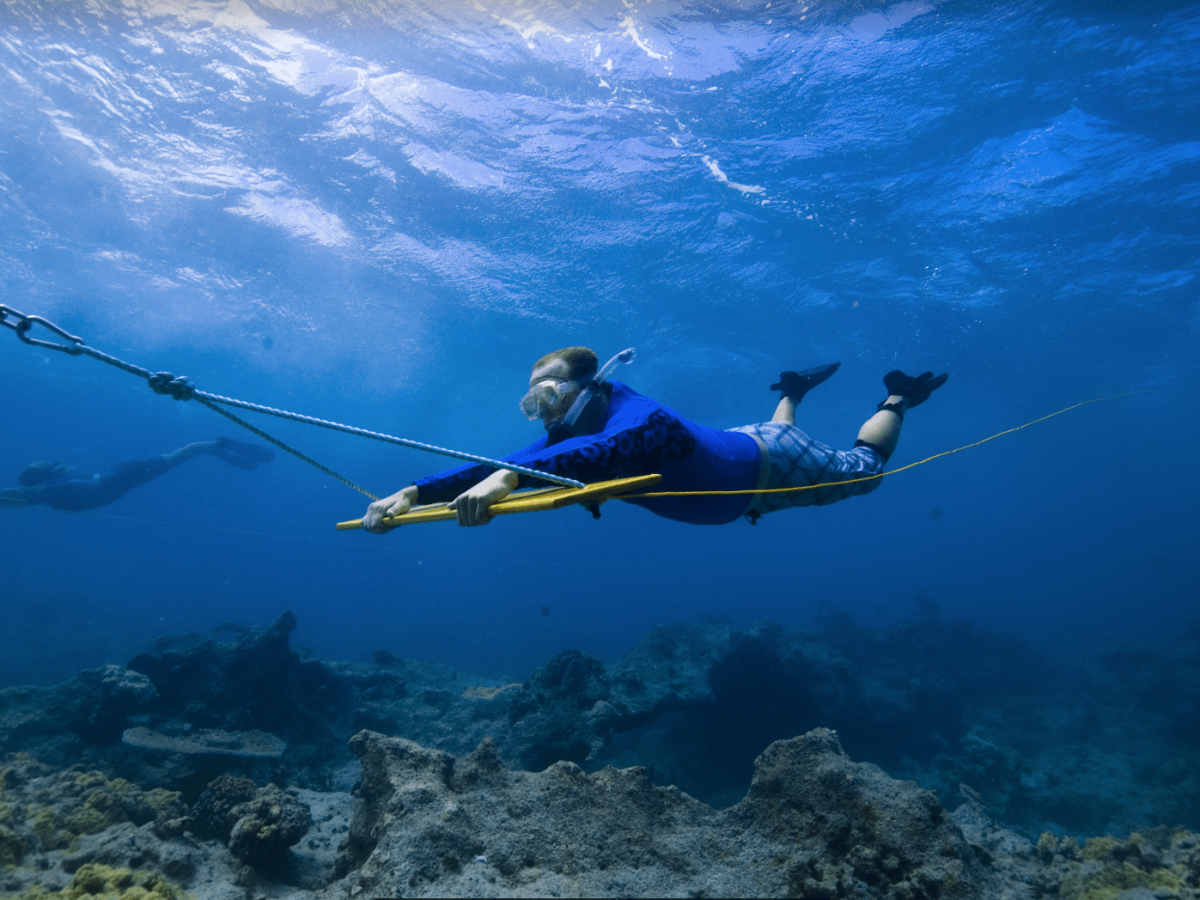
Marine conservation is a highly popular career path, and while it may seem impossible to break into the industry, marine... View Article
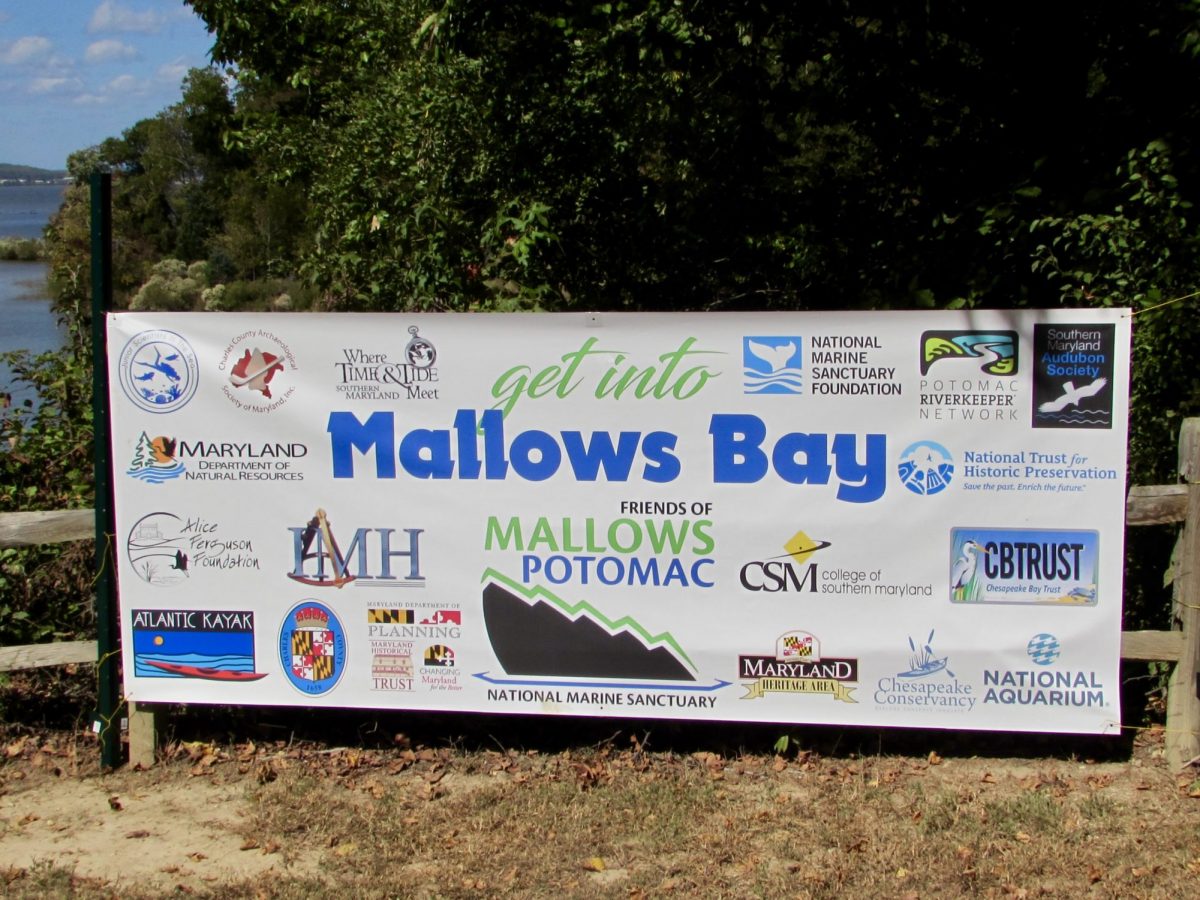
By: Leah Izzett, guest author On October 7th, 2017, Charles County’s local community in Nanjemoy, Maryland participated in Get Into... View Article
NMSAS By: Leah Izzett, guest author This summer, the National Marine Sanctuary of American Samoa (NMSAS) hosted the second Summer... View Article
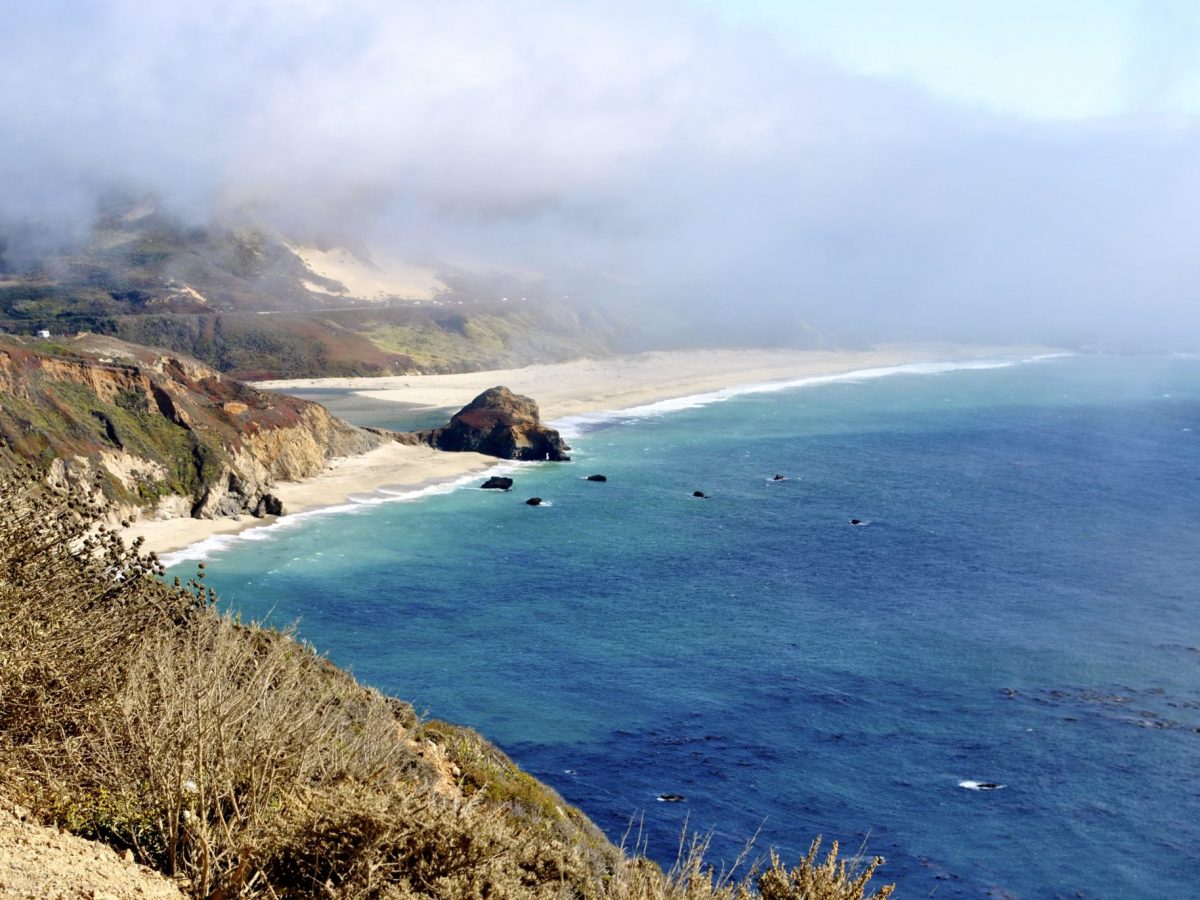
Monterey, CA – Celebrating the 25th Anniversary of the creation of the Monterey Bay National Marine Sanctuary, the National Marine Sanctuary... View Article
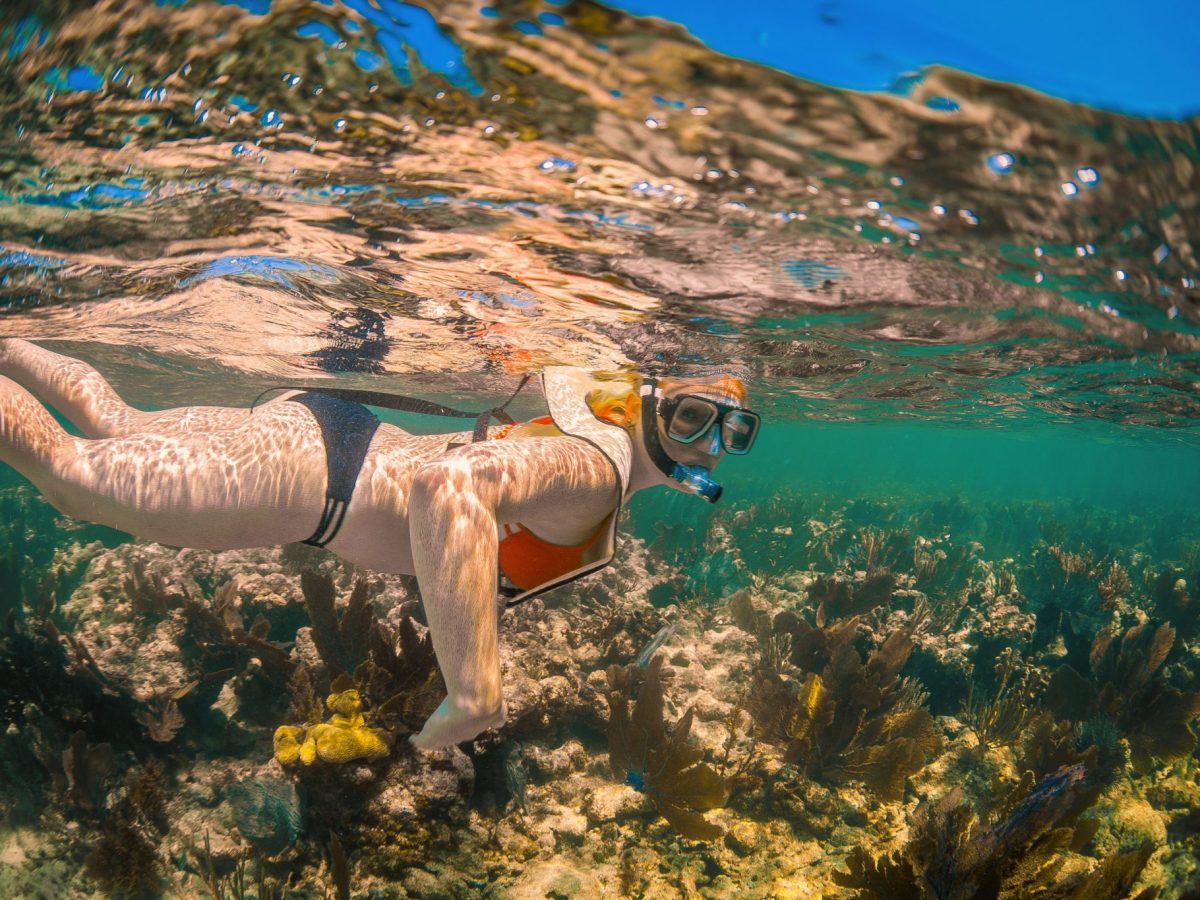
By Alison Thompson, guest author Bike, boat, dive, or swim over to your local sanctuary on August 12, 2017, to... View Article
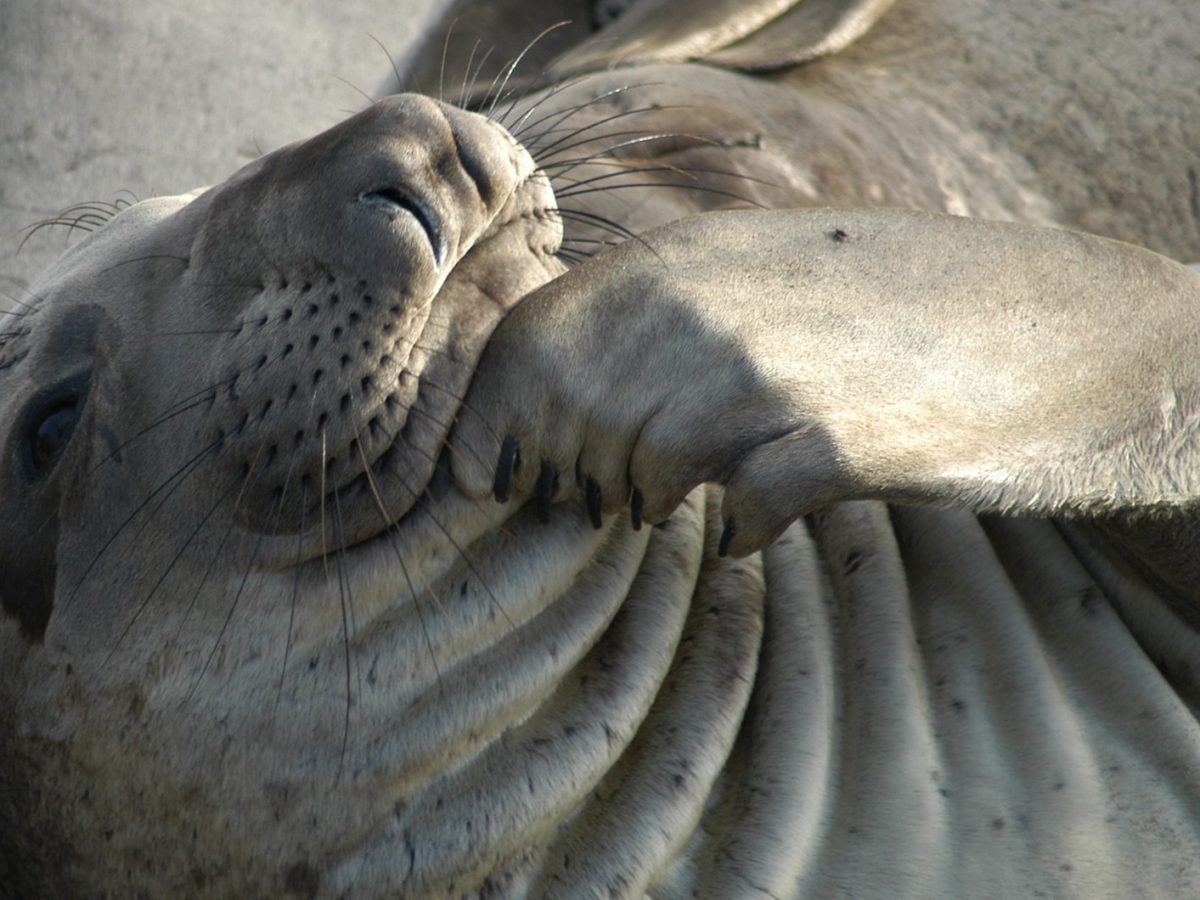
By Alison Thompson, guest author With high diversity, resilience, and reservoirs of recreational and cultural resources, national marine sanctuaries and... View Article
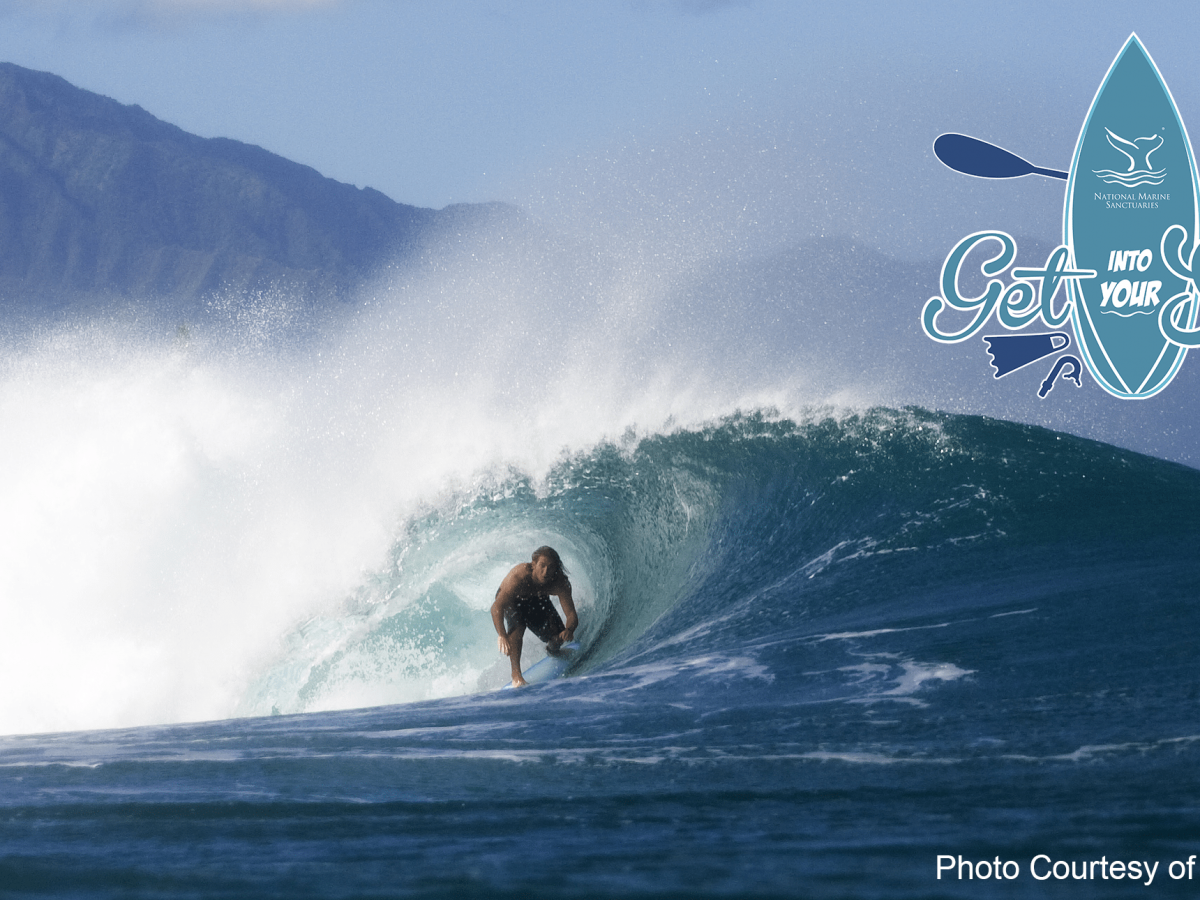
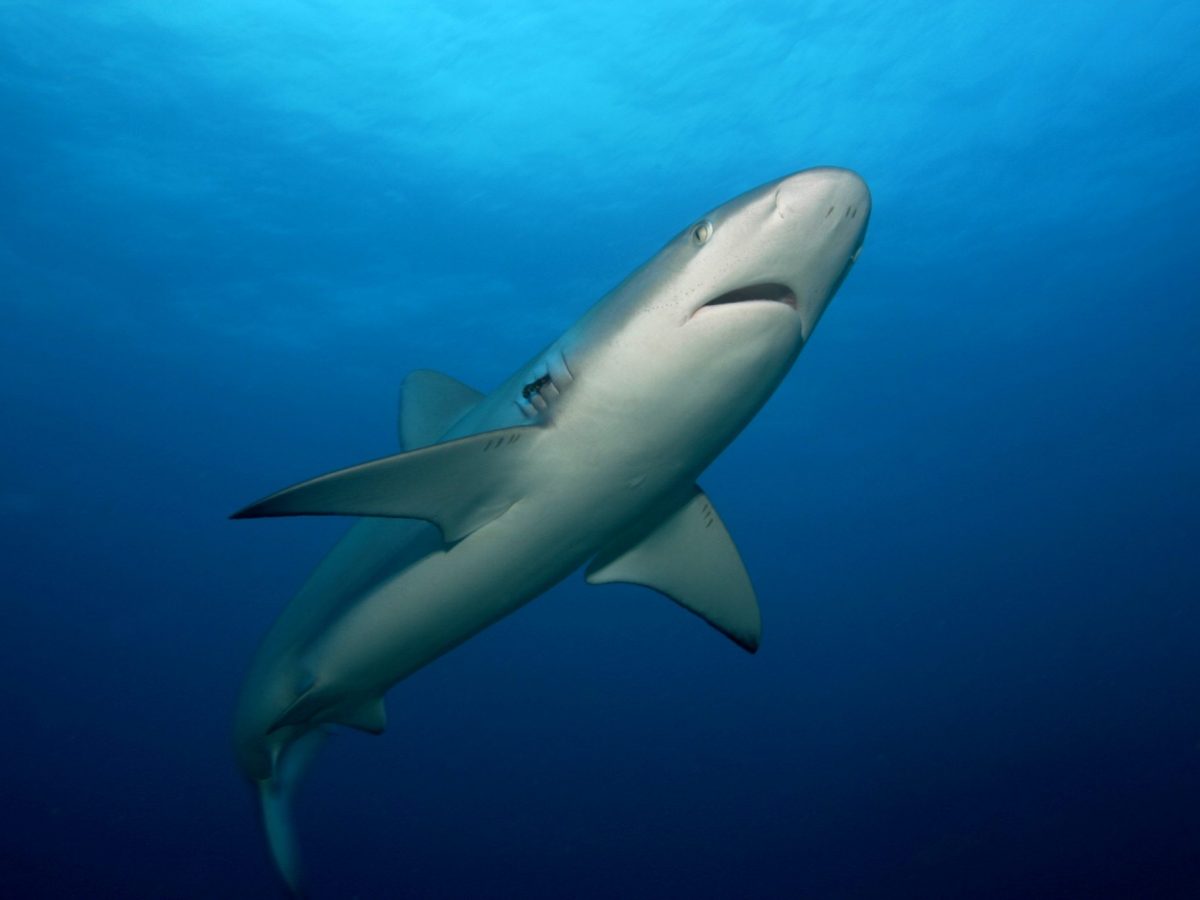
Alison Thompson, communications intern When you close your eyes and think of a shark what comes to mind? You may... View Article